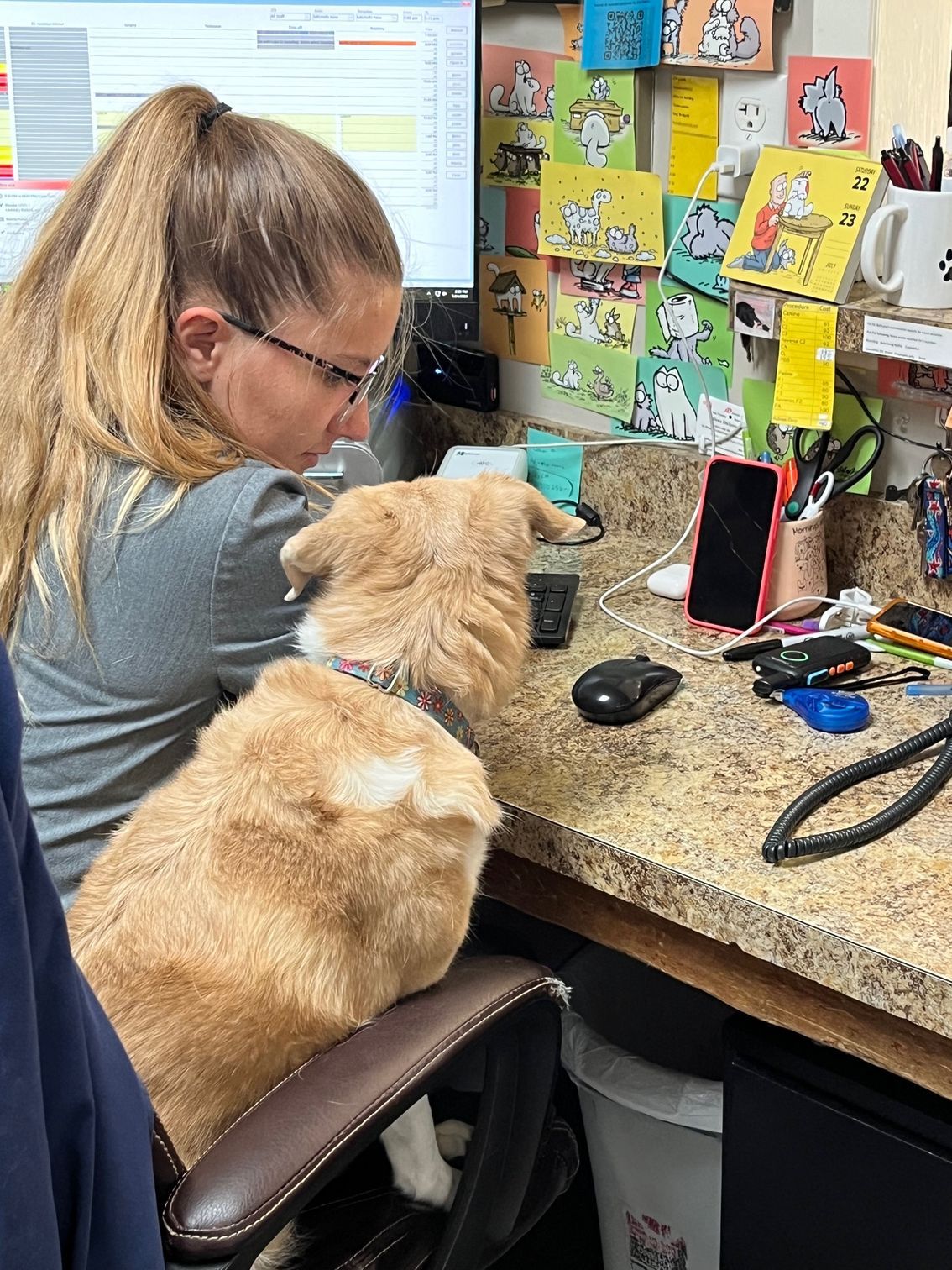Understanding the Heart of Your Canine Companion
Dogs have long been loyal companions to humans, providing unconditional love, companionship, and even protection. As they grow into adulthood, their needs, behaviors, and emotions evolve, often requiring a deeper understanding from their human caregivers.
I Am Not a Puppy Anymore
While puppies are full of boundless energy and mischief, adult dogs often settle into a calmer rhythm of life. However, this doesn’t mean they don’t need stimulation or engagement. They want you to know that they still enjoy playtime, walks, and mental challenges, but perhaps at a less frenetic pace than in their younger years. Recognizing this change can help you provide them with appropriate activities that keep them healthy and happy.
My Energy Levels Depend on My Breed and Personality
New Paragraph
Not all adult dogs slowdown in the same way. Some breeds, such as border collies and huskies, maintain high energy levels throughout their lives and require extensive physical activity to stay balanced. Conversely, breeds like bulldogs or basset hounds may prefer relaxed strolls and long naps. Individual personalities play a significant role. You need to understand their unique energy needs and adapt their daily schedule accordingly.
My Diet Matters More Than You Think
Adult dogs want you to know that their nutritional needs differ from those of puppies. Maintaining a balanced diet tailored to their age, breed, and health conditions is crucial. Overfeeding can lead to obesity, while underfeeding or providing poor-quality food can result in deficiencies and health problems. They appreciate fresh water, healthy treats, and meals that support their overall well-being. If you’re unsure about their diet, consulting a veterinarian is always a wise choice.
I Have Feelings Too
Adult dogs are emotional creatures, often more sensitive than we realize. They experience joy, sadness, anxiety, and even jealousy. They want you to notice when they seem off—be it due to boredom, loneliness, or fear—and take steps to address their emotional needs. Dogs thrive on positive reinforcement, affection, and the security of knowing they are loved.
Consistency Means Comfort
Dogs are creatures of habit and find comfort in routine. They appreciate consistent feeding times, regular walks, and predictable interactions. Sudden changes or erratic schedules can confuse or stress them.
My Health Is My Wealth
Adult dogs cannot express physical discomfort as humans do, but they often display subtle signs when something is wrong. Regular check-ups with a veterinarian are essential. Vaccinations, dental care, and screenings for common issues like arthritis or heart disease are vital to their long-term health. Your dog wants you to be proactive about their well-being, as prevention can save them from unnecessary suffering. Keeping your pet dog on a Heartworm, Flea, & Tick prevention is paramount for their health and comfort.
Exercise Is Non-Negotiable
Even if your adult dog seems content lying around the house, they still need daily exercise to maintain a healthy weight and good mental health. Exercise helps manage anxiety in dogs and strengthens the bond between you and your furry friend.
Socializing Isn’t Just for Puppies
Adult dogs value interactions with other dogs and humans. Socializing helps them stay mentally stimulated and teaches them how to behave in various situations.
I May Need Training Too
Training isn’t just for puppies. Adult dogs often benefit from refresher courses, especially if new behaviors or challenges arise. They appreciate you investing time teaching them valuable commands or addressing behavioral issues with patience and clarity.
Love Is Everything
Above all, adult dogs want you to know how much they value your love and companionship. They thrive on your affection, whether through cuddles, conversations, or simply being by your side. They don’t ask for much—just your time, care, and understanding.










